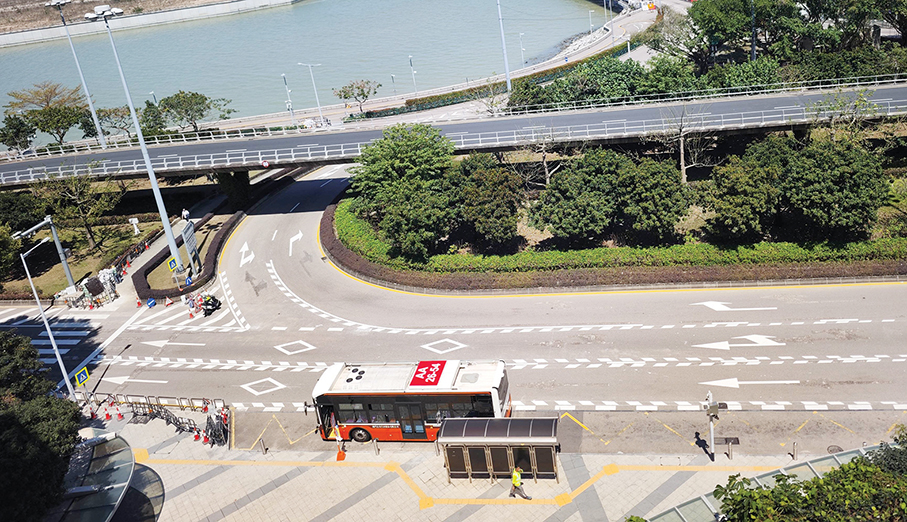Commentary by Yi Zhong*
From July 21 to 23, high-level representatives of 14 Palestinian factions held a reconciliation dialogue in Beijing. At the closing ceremony, representatives of these factions took the stage one after another, shook hands and hugged each other, and signed the Beijing Declaration on Ending Division and Strengthening Palestinian National Unity in the presence of Chinese Foreign Minister Wang Yi.
The scene is reminiscent of the historic rapprochement between Saudi Arabia and Iran in spring last year, also in Beijing. One cannot but ask: why is it always Beijing?
SHARED LONGSTANDING COMMITMENT TO PEACE
Throughout its history of more than 5,000 years, the Chinese civilization has always advocated peace and harmony. It has earned its place in the world not through reckless military moves or external expansion, but because of the strong appeal and inclusiveness of the Chinese culture.
Likewise, the Islamic world has long been an advocate for peace. Unfortunately, the Middle East, plagued by external interference and great power competition, has been mired in war and turmoil for decades.
The shared pursuit of peace has brought the two civilizations together in a joint effort to explore possibilities of peace through China’s wisdom and solutions.
SUCCESS OF THE GLOBAL SECURITY INITIATIVE
Affected by confrontation between regional blocs and interference by major powers, the Middle East has suffered decades of turbulence. The protracted conflict in Gaza, in particular, is spilling over, exacerbating the security deficit, development deficit, and governance deficit in the Middle East.
What is desperately needed in the region is common, comprehensive, cooperative, and sustainable security, a vision championed by the China-proposed Global Security Initiative (GSI), which emphasizes dialogue and consultation as the most effective way to resolve differences.
It is based on this vision that Foreign Minister Wang Yi proposed three steps to address the deteriorating situation in Gaza: an immediate ceasefire, Palestinians governing Palestine, and a two-state solution, which also reflect the aspirations of the Palestinian people.
The Palestinian factions and countries in the Middle East have realized that only by adhering to the path of cooperation, political dialogue, and peace talks, can the security dilemma be truly resolved.
CHINA WINS TRUST
The prerequisite for promoting reconciliation is to win the trust of all parties involved. The reason why Middle East countries appreciate China’s position is because of China’s credibility and moral compass. On the Palestinian question, as a responsible major country, China has always supported the two-state solution and the establishment of an independent Palestine.
In contrast, some major countries have not only done little to help ease the tensions among the Palestinian factions, but have even deliberately heightened and exploited such tensions to serve their agenda.
With no axes to grind in the Middle East, China wants nothing but peace and stability for the region, and has proved this with concrete actions. Its commitment has been increasingly recognized by countries in the region that have “voted with their feet” to come to China’s side.
CHINA IS ALWAYS READY TO PROMOTE PEACE TALKS
To achieve intra-Palestinian reconciliation is never smooth sailing, and the settlement of the Palestinian question has remained elusive for many decades.
Nonetheless, China believes that as long as all parties remain patient and rational while seeking consensus through dialogue and consultation, they will eventually find a way to peace.
China will continue to promote the GSI, support Middle East countries in enhancing their strategic independence, address regional security issues in the spirit of solidarity and cooperation, promote common, comprehensive, cooperative, and sustainable security, and contribute more to peace and stability in the Middle East.
*Yi Zhong is a Beijing-based observer of international affairs.
The views expressed in this article are those of the author and do not necessarily reflect those of Xinhua News Agency.
– Xinhua








